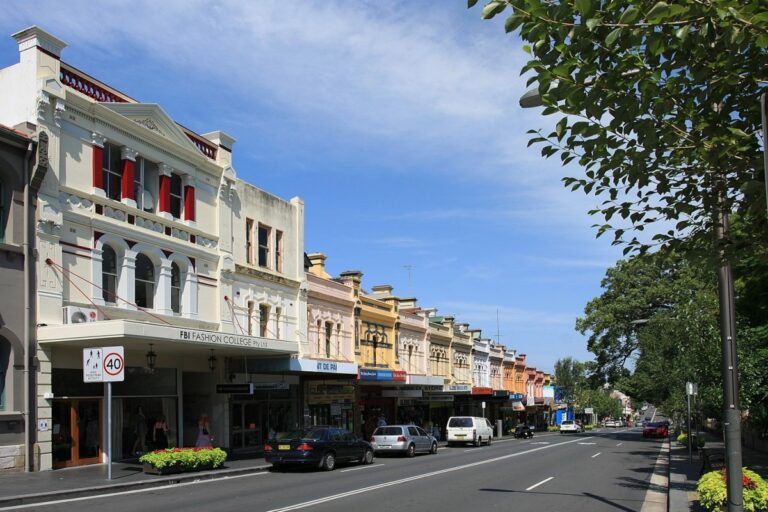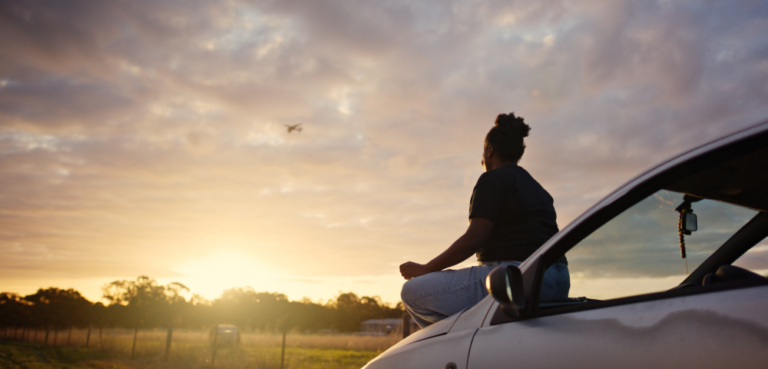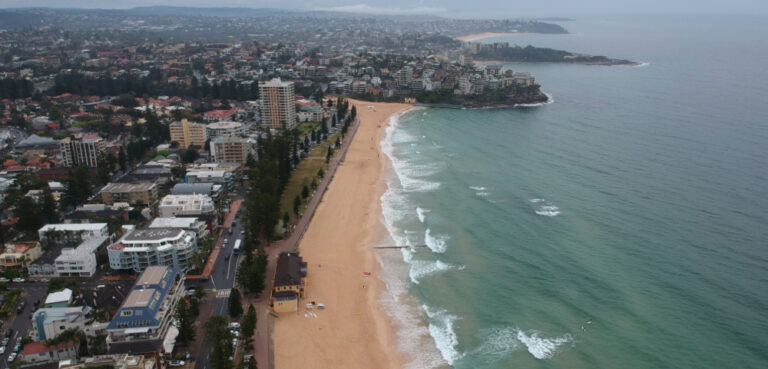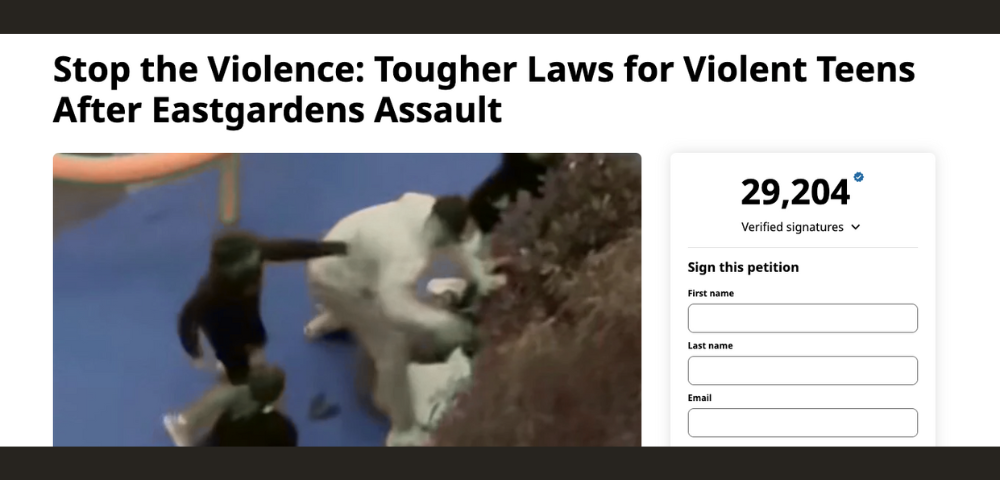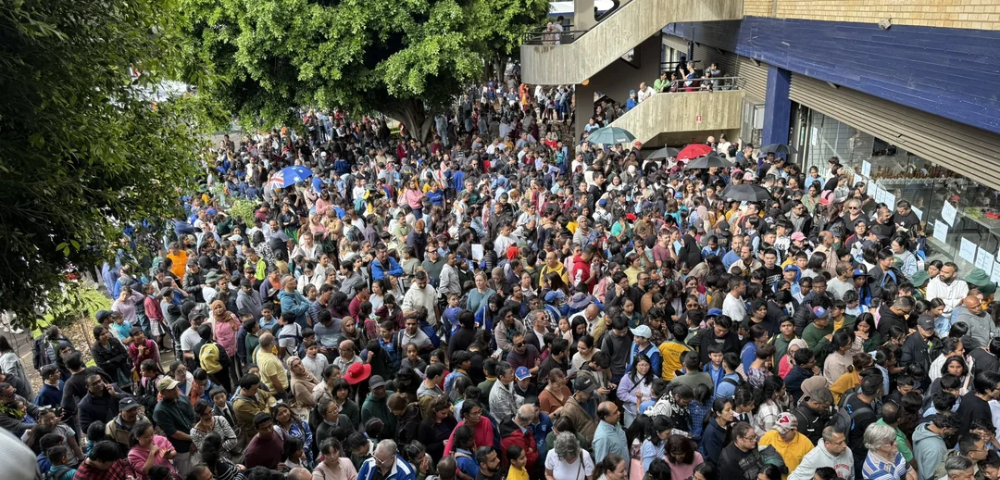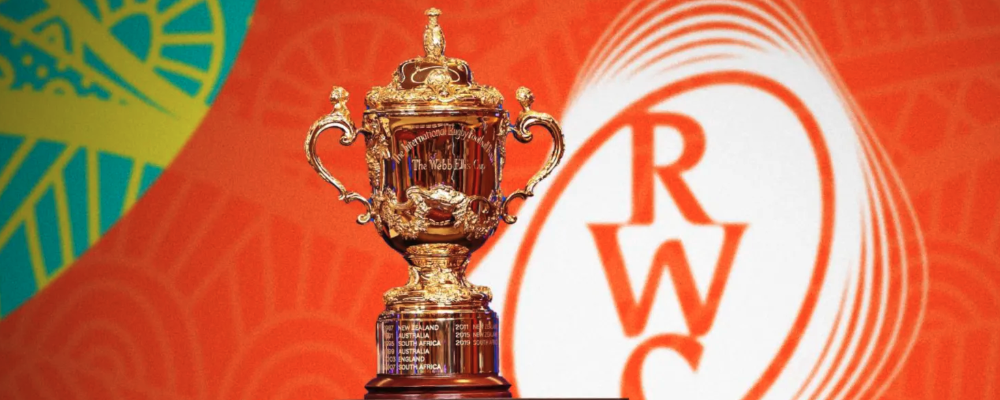
Blocking websites a slippery slope
BY BIANCA BIRDSALL
Concerns are mounting about Federal Government plans to blacklist some websites in Australia.
The Government intends to produce two blacklists, one relating to inappropriate content for children, and another for adults.
IT experts have suggested that although list one will have an opt-out clause, list two will not. This means all adults will be subject to censorship and restriction of their Internet usage.
Senator Stephen Conroy, now Communications Minister, flagged details of Labor’s Internet censorship policy five days before last year’s election.
‘The ACMA ‘blacklist’ will be made more comprehensive to ensure that children are protected from harmful and inappropriate online material,’ said Conroy.
And in June, Senator Conroy received the Closed Environment Testing of ISP-Level Internet Content Filtering, commissioned by the Howard government. The ACMA report details the viability of introducing a compulsory ISP-based filter using current technology.
While results of the trial show significant improvement from the 2005 tests, there remain startling deficiencies. The tests concluded available filters will slow Internet speed from 2 to 87 per cent when filtering, and up to 30 per cent when not active.
Each product produced substantial ‘over blocking’ results of between 1 and 8 per cent, and were unable to identify illegal or illicit material sent via non-web protocols (instant messaging, peer-to-peer, email). Implementation and operation costs were not investigated, nor was the capacity for the technology to be overridden.
Writer Antony Loewenstein said while no-one would argue in defence of child pornography sites, this form of censorship was risky.
‘I’m against those sites being blocked because it’s a slippery slope,’ he said.
‘Next it could be websites they describe as terrorist and that could lead to all sorts of problems.
For instance, how would you classify the Hamas website’ Some would call it terrorist but it is also the legitimate Palestinian Government website.’
He also questioned whether the lists would be made public, and cited the blocking of YouTube in Thailand and the blocking of Wikipedia in China as extreme examples of where such policy could lead.
